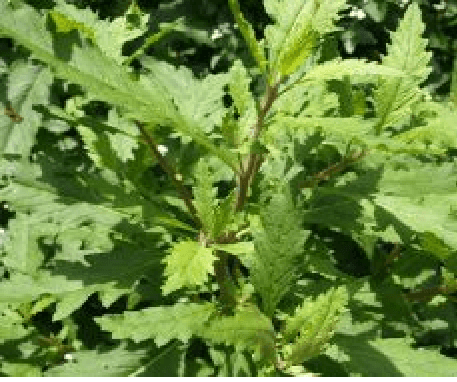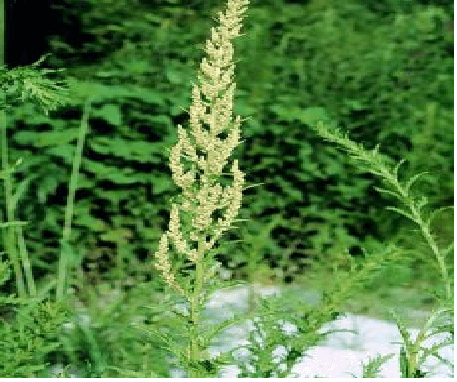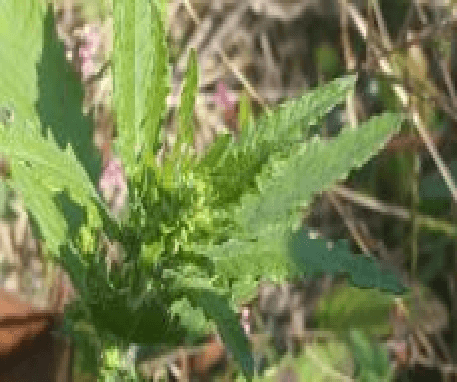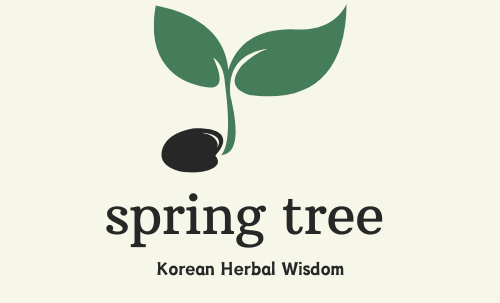
“Unlock the benefits of Jeongga, a powerful traditional herb known for its ability to improve digestion, support respiratory health, and reduce inflammation. Learn how this natural remedy has been used for centuries to promote overall wellness and vitality.”
Understanding Jeongga
Jeongga, also known by its medicinal name Tohyeonggae, is a traditional herbal remedy widely used in Korean herbal medicine for treating various ailments.
It’s well-known for its ability to clear dampness and coldness from the body, as well as reduce inflammation. Jeongga is also effective for eliminating parasites, such as roundworms or pinworms, and is even used to get rid of head lice.
Additionally, it helps with skin conditions like eczema and contact dermatitis, and it can alleviate symptoms of rheumatism, menopause, and menstrual cramps. Interestingly, it’s also useful for treating snake or insect bites, making it a versatile and popular traditional medicine.

Ecology and Characteristics of Jeongga
Jeongga is an annual or perennial herb that grows to about 50–80 cm tall.
It has upright stems with a strong smell, and its leaves are simple with short petioles. The plant blooms between August and September, with its seeds maturing from September to November.
Jeongga can often be found growing along roadsides or near water, making it a common herb in the wild that’s easy to spot in many places.
Medicinal Parts and Harvesting Methods
The entire aerial part of the plant is used as medicine, typically harvested from late August to late September. Once collected, it should be dried in a well-ventilated area to retain its medicinal properties.
Exposure to rain or direct sunlight can cause the herb’s color to change and reduce its effectiveness, so proper storage is crucial.
Properties and Health Benefits of Jeongga
Jeongga has a warm nature and a taste that’s both spicy and bitter.
It’s classified as affecting the spleen meridian, which helps regulate the body’s qi related to the spleen and promotes blood circulation.
However, due to its potent toxicity, it’s important to use the correct dosage and follow expert guidance for safe use.

Safe Usage and Precautions for Jeongga
While Jeongga is effective for a variety of conditions, its strong toxicity means that the correct usage instructions should always be followed.
When taken internally, stick to the recommended dosage and preparation method.
For external use, make sure to dilute it appropriately. Consulting a qualified herbalist or healthcare professional is essential for safe and effective use.
